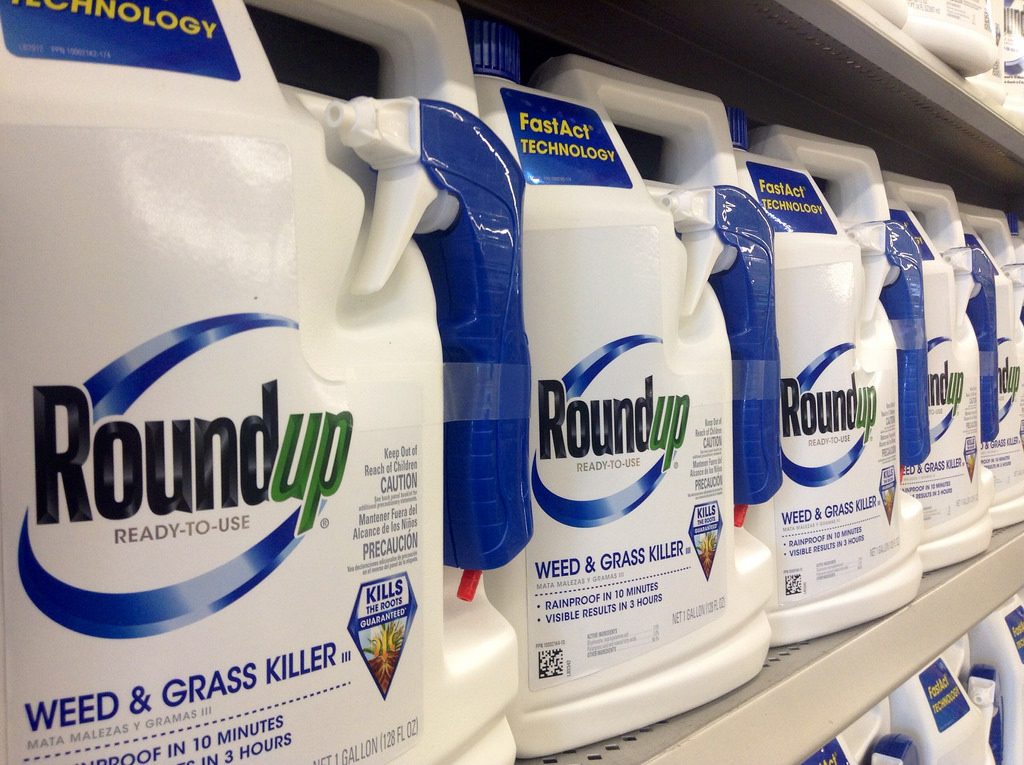Bayer has lost its court case (twice) after being sued for selling weedkillers that cause cancer. But the company is refusing to pay up.
What it means: Economists like to throw around the term “free market”, the idea being anyone can sell anything they want without the government restricting what to do. In reality, there’s very few true free markets in the world. Almost anywhere you go, you’d struggle to legally sell a case of heroin, human body parts, or certain types of porn. And governments make sellers follow certain rules, such as having to tell buyers if what they’re purchasing might give them cancer.
That’s what Bayer, who makes weedkillers like Roundup, didn’t do. An American groundskeeper called Dewayne Johnson took them to court about it, and won twice (the second time his compensation was downgraded from $289 million to a measly $78 million). Bayer says it’s going to appeal, and refuses to accept that there is any evidence that it was their product that caused Johnson’s terminal cancer.
If Bayer loses again, other people who have used its products will sue it for harming their health. Actually, they already have: there’s already about 9,000 cases going on in the US alone. Tobacco companies, which denied cigarettes cause cancer for decades, ended up paying $246 billion in compensation.
Bayer is also becoming less valuable (to the tune of about $17 billion) as investors in the company decide it is no longer a good bet. It might be hard to feel sorry for a company that may have given people cancer, but Bayer employs more than 120,000 people. Their jobs may be on the line if the company keeps losing money and needs to cut costs or close.
Read our explainers on government regulations and how companies work.

